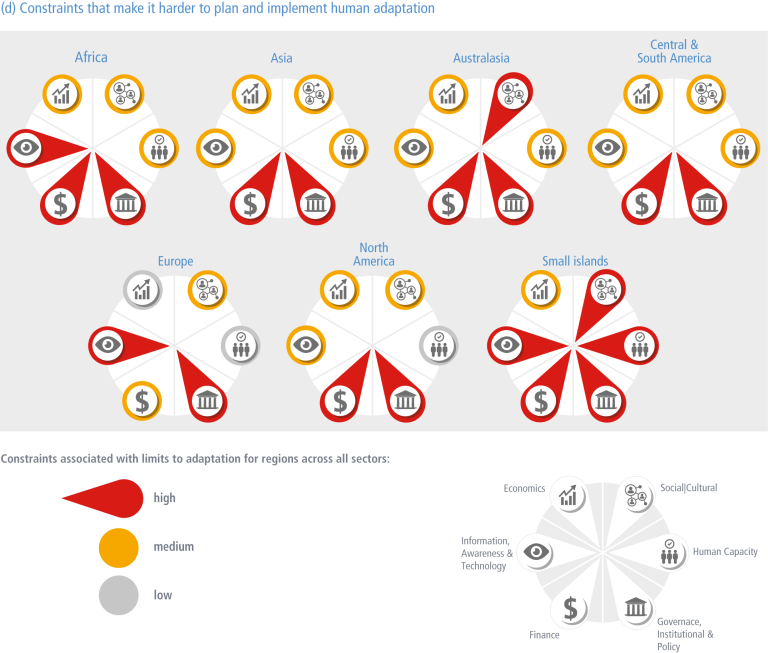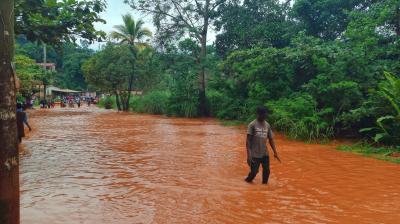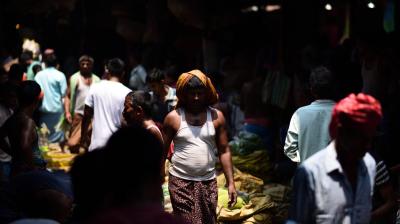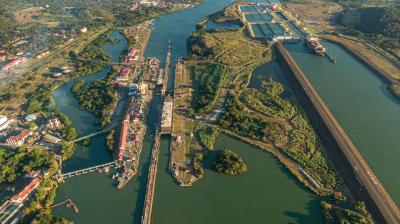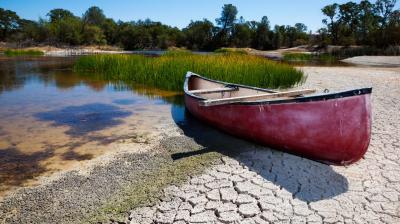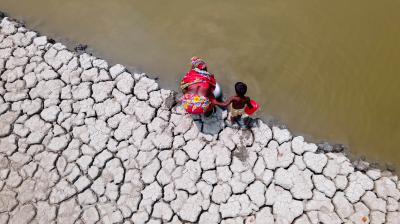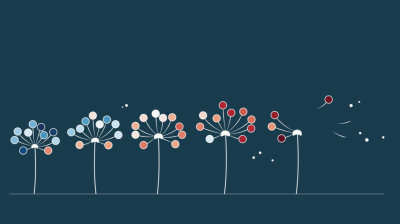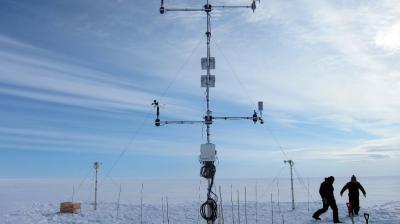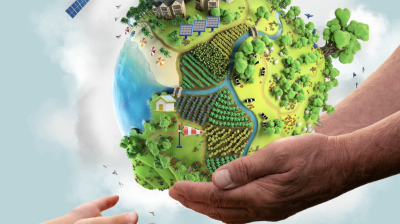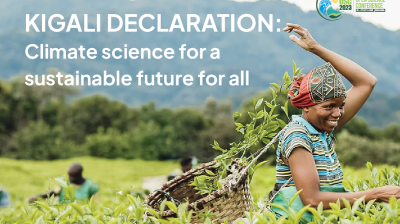Adaptation to Climate Change: Why it is taking us so long
Climate change is a threat to human well-being and the health of the planet, but the world is not adapting fast enough, as the latest IPCC Assessment Report on Climate Change Impacts, Adaptation and Vulnerability (published in February 2022) highlights.
While climate risks are increasing with every bit of global warming, people and nature are currently under-prepared for the coming climate change impacts, particularly beyond 1.5 °C global warming. The report identifies increasing gaps between adaptation action taken and what is actually needed around the world. These gaps are largest among populations with lower income which already suffer the most from climate change.
Knowing all this, one key question pops up: Why does it take us so long to take action to adapt to climate change? Or in other words: Which constraints are making it harder for communities, cities, and governments to plan and implement adaptation measures that would help them to deal with climate hazards and reduce risks? The graph above offers some overarching insights: It clearly shows that across regions and sectors a lack of investment in adaptation action and missing political and institutional commitment and follow-through slow our adaptation progress. Our ability to overcome these socio-economic constraints will decide the rate and effectiveness of implementing further adaptation and reducing the adaptation gap.
The earlier we start adapting to climate change, the more the world will benefit. The potential to reduce climate risks through adaptation is higher until mid-century, and for global warming levels below 1.5 °C. At higher levels of warming, the effectiveness of most land- and water-based adaptation options starts declining. Our window of opportunity for adaptation and mitigation action is closing rapidly.
